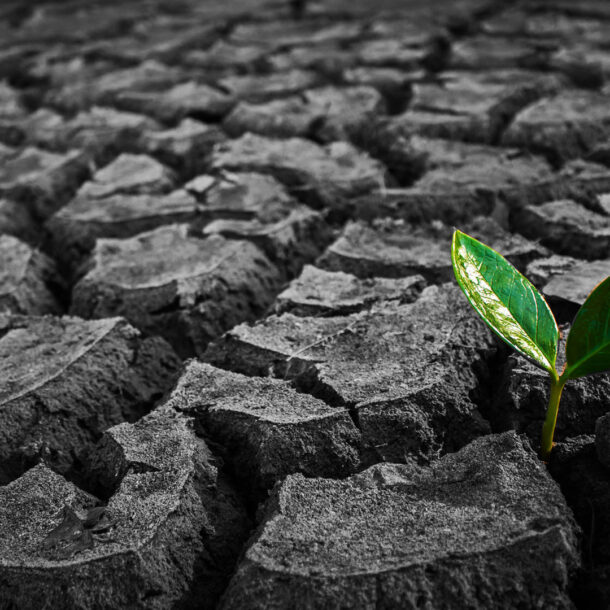Introduction
In today’s digital age, the internet has become an integral part of our daily lives. However, the environmental impact of online activities is often overlooked. The servers that power websites consume a significant amount of electricity, contributing to carbon emissions and climate change. This has led to the rise of green hosting, a sustainable approach to web hosting that aims to minimize environmental impact. In this article, we explore how green hosting is making a difference and why it’s essential for a more eco-friendly web.
1. Understanding Green Hosting
Green hosting refers to the practice of using eco-friendly technologies and energy sources to power web servers and data centers. These may include renewable energy sources such as wind, solar, or hydroelectric power. By opting for green hosting, websites can significantly reduce their carbon footprint, contributing to a healthier planet.
2. The Significance of Renewable Energy in Web Hosting
One of the key aspects of green hosting is the use of renewable energy. Many green hosting providers purchase Renewable Energy Certificates (RECs) to offset their energy use, ensuring that for every unit of energy consumed, an equivalent amount of renewable energy is generated. This process helps in reducing the reliance on fossil fuels and promotes the use of clean energy, thereby decreasing the overall carbon emissions associated with web hosting.
3. Energy Efficiency and Server Optimization
Apart from utilizing renewable energy, green hosting providers also focus on improving energy efficiency within data centers. This includes optimizing server infrastructure to use less energy and implementing advanced cooling technologies to reduce electricity consumption. Energy-efficient servers not only lower the environmental impact but also cut down operational costs, making green hosting an economically viable option.
4. The Role of Carbon Offsetting
Some green hosting companies go a step further by investing in carbon offset programs. These programs support projects that reduce greenhouse gas emissions, such as reforestation or clean energy initiatives, effectively balancing out the emissions produced by the hosting services. Carbon offsetting plays a crucial role in achieving net-zero emissions and demonstrates a company’s commitment to environmental responsibility.
5. Encouraging a Shift Towards Sustainable Online Practices
By choosing green hosting, businesses and individuals can encourage a shift towards more sustainable online practices. It sends a strong message about the importance of environmental sustainability and can inspire others to consider the ecological impact of their digital footprint. As more people opt for eco-friendly web solutions, the demand for green hosting will increase, prompting further innovations in sustainable web technologies.
6. The Benefits Beyond the Environment
Adopting green hosting doesn’t just benefit the environment; it also offers advantages for website owners. Websites hosted on green servers can leverage their eco-friendly status for marketing purposes, appealing to environmentally conscious consumers. Furthermore, green hosting providers often offer high-quality, reliable hosting services, ensuring that websites are fast, secure, and accessible, which is crucial for user experience and SEO.
Conclusion
Green hosting represents a critical step towards reducing the environmental impact of the digital world. By leveraging renewable energy, optimizing energy use, and supporting carbon offset projects, green hosting providers are paving the way for a more sustainable and eco-friendly web. The transition to green hosting not only helps in combating climate change but also offers businesses a unique opportunity to demonstrate their commitment to environmental sustainability. As the internet continues to grow, it’s imperative for companies and individuals alike to consider the ecological footprint of their online activities and choose hosting solutions that contribute to a healthier planet. In embracing green hosting, we can all play a part in creating a more sustainable future for the digital landscape and our planet as a whole.

